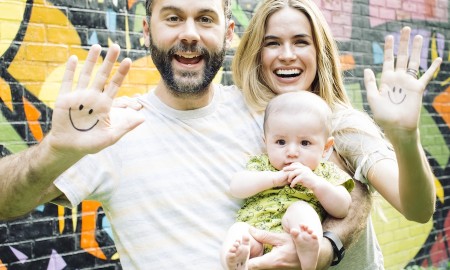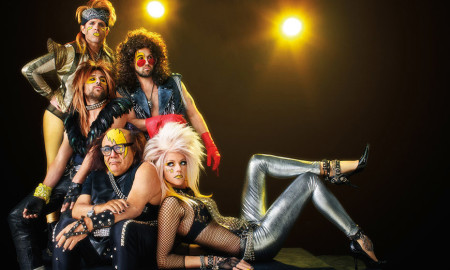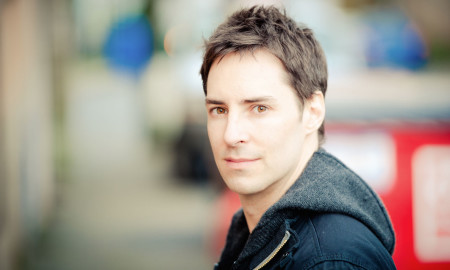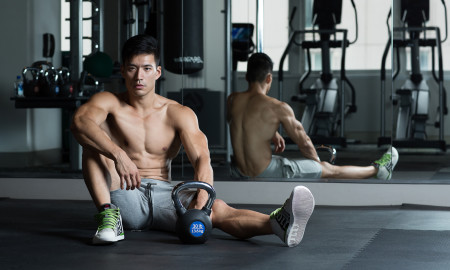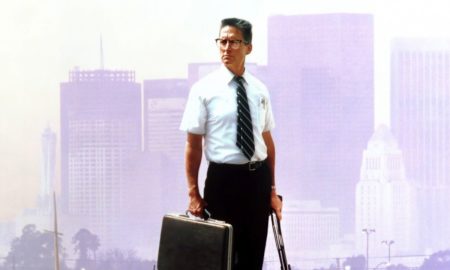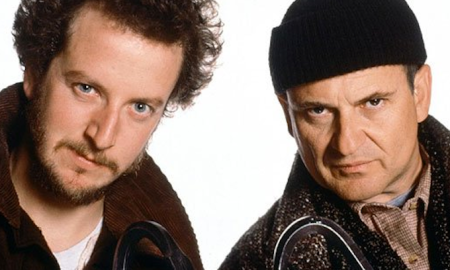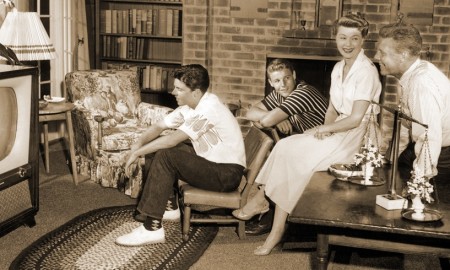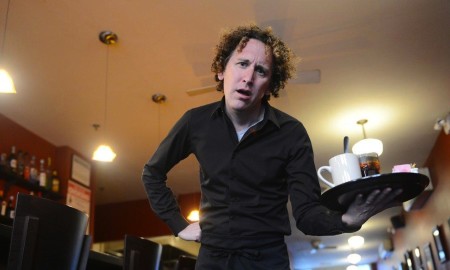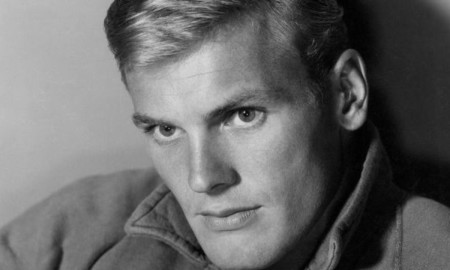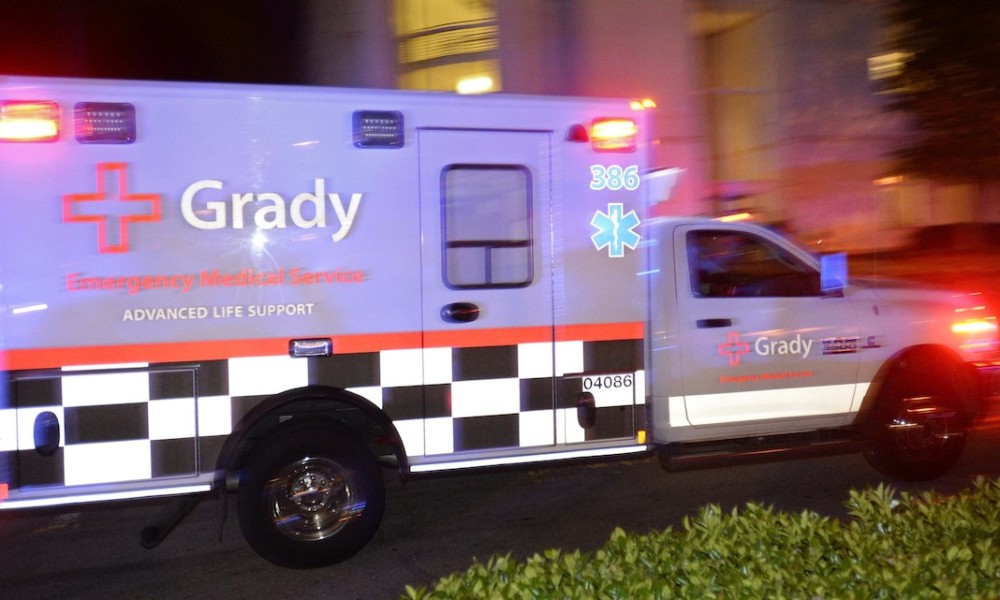

How was your day today? Try living a day in the life of Kevin Hazzard. At age 26, just after 9/11 and in a quest for meaning and purpose, he became an emergency medical technician (EMT), more commonly known as a paramedic.
Most of us would last half a shift, but Kevin turned it into a decade-long career, saving lives, dodging bullets, delivering babies, veering through chaos, and getting up close and personal with the most grisly of carnage and the coldest of Atlanta’s mean streets. Soundtrack: a merciless siren.
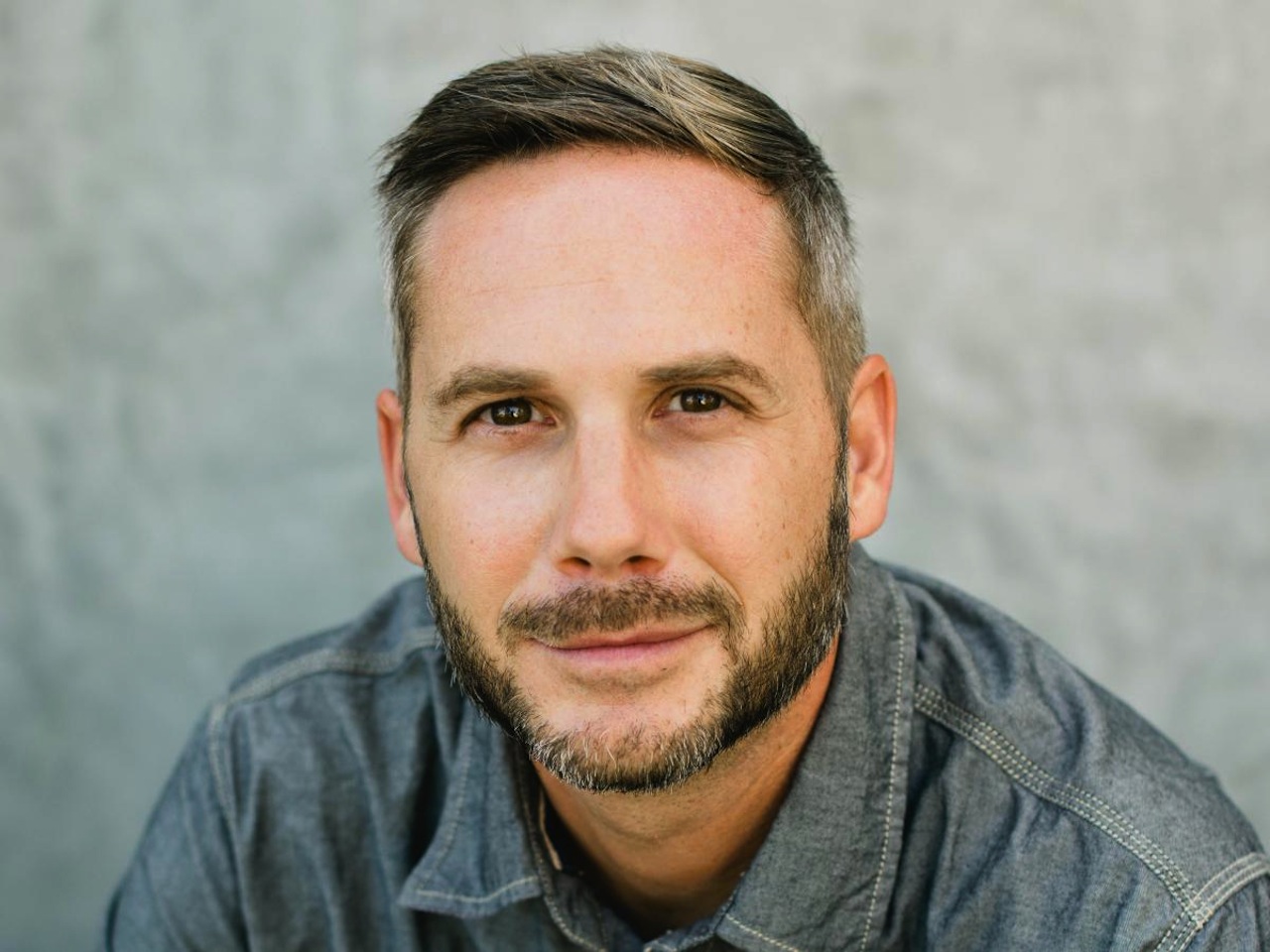
What he found: intense insight into the human condition, dance lessons with catastrophe, and that having a sense of humor about the whole tragedy was not as inhuman as it sounds. With time, experience and a mastery of his skill, Kevin began to formulate a bigger picture, which he recorded in his memoir, A Thousand Naked Strangers: A Paramedic’s Wild Ride to the Edge and Back.
Here, Kevin gives us the 411 on the 911:
You were a writer before you were a paramedic, so I imagine the idea of capturing your experiences in a memoir was par for the course.
What I realized over time, the more I did the job, is that nobody ever told the story the right way, not in TV or in books, and I’m not knocking that in any way. It’s always lacking, particularly in any overly earnest TV portrayal.
There is a Coen Brothers aspect to it. I thought, just write down the stories as they are. It occurred to me that there are a lot of people who want to hear the story. It’s so ripe to be told in the right way.
I guess there is a real film noir aspect to this career.
I had more in common with a homicide investigator than I did with a doctor. We walk into somebody’s house, and I will not have the benefit of a urine test or a blood test, all these wonderful things that doctors have.
I have to look around at what is going on around the patient, where they live, what my memories are of that particular area and what that usually means, the people who are with them, the ways in which they’ve been hurt or sick or taking care of themselves, the stories that they tell, the stories that the bystanders tell, and the stories that the details tell me.
You have to put all those pieces together to find out exactly what is going on. In the midst of doing that, you get a window into the personal lives of all of us. It’s illuminating in a number of ways and that is what I found to be the most fascinating. It’s humanity, one tragedy at a time.
To survive in this job, does it take a good sense of humor or a lack of a sense of humor?
If you don’t have a good sense of humor, I don’t know how you get through. You’d have to be kind of strange, in a way. People think laughing at these things is strange, but I think it’s a normal human reaction to any type of a stress. Your brain has to find a way to make this palatable. Finding something humorous in it is usually the way to do it.
Has being a paramedic made you change your outlook on life?
People ask me all the time, “Does it change your outlook?” You realize that you have such little control about what is going to happen to you.
I witnessed someone who got shot at point-blank range, right in the throat. [The bullet] passed through everything, didn’t touch a thing. And I had other calls where a bullet was fired from 75 yards away, and it hit the guy and he dropped like a stone.
If it’s your time, it’s your time.
Or you see these horrible car wrecks, and you think, “Oh, man, there is nobody alive in there.” And you look over and there are four people sitting down [inside the wreck], shaking their heads, thinking, “I can’t believe that happened.”
It’s unbelievable how much chance comes into it. At any moment, anything can happen. I wish I could say it made me appreciate every moment more, but it certainly lets you know that today is not a guarantee.
How has being a paramedic made you face your own mortality?
Nobody wants to grow old and sick. Every time I eat a cheeseburger, I know what it’s doing.
You see people with heart failure or high blood pressure, maladies that come with age and bad living. You don’t have to see too many of them before you realize I don’t want that to be me. I want to stay active. I want to stay healthy. It certainly lets you know the ways in which you don’t want to die.
On the other hand, it demystifies it to a certain degree. I don’t know what comes next more than anyone else does, but when we see it, even in the most horrid of circumstances, it isn’t what we imagined; it demystifies it for us to see it.
A common fear among people is that they don’t want to die alone, but you must see people die alone all the time.
I’m less concerned with how I die than how long I lay there after I’m dead. What happens to humans left out too long are things that we don’t normally associate with humans. Essentially, you become road kill, in a way.
Dying alone happens to an awful amount of people, even people who are married with children and tons of friends. The majority of us will be alone when we die, when that moment comes. Death creeps up on you. All but a few of us will probably die alone. It’s a bit of a sad thing, because so much of life is about human connections.
As a paramedic, you are exposed to every facet of intense human emotion, as displayed by angry neighbors, jealous boyfriends, people suddenly stricken with an attack, or those just attempting to escape pain through drugs or alcohol. What does that do to you personally?
It’s a roller coaster. I took a weaving path. Initially, I was almost overcome by sympathy for all of these people. Eventually, you find a happy medium.
Few people are all good or all bad. We often find ourselves in situations where we do something really good or we do something really bad. But how do you come to grips with all the people around you when you see what they are capable of?
A lot of times, you realize how important that human connection is and how much you get from it. I vascillated back and forth between contempt for people for doing these horrible things, and then incredible compassion for people and the things we can get from one another.
You were not always hailed and welcomed as a hero when you appeared on the scene.
It came as a big shock. And it’s not always the people who you would think. There are places where I’ve walked through the door knowing these are bad people, that they are capable of — and will probably do — very bad things. Atlanta had some really rough neighborhoods. Some people just gave off the vibe of being killers. And yet they were happy that we were there and they were welcoming and helpful. We were there to take care of someone, and they knew why we were there.
The flip side of that, of course, is that someone with mental illness, or on drugs, or the kind of person who just becomes very resentful of authority. And the moment that it became clear that we were going to make decisions, that we were in charge, they instantly got their backs up and turned on us. They may turn on us, or they may turn on bystanders or family members.
There are a lot of people for whom authority represents all the wrong things, even when it’s benevolent authority, when we are there to help them. That really complicates a situation. Even if it’s a guy who is crazy or really high or just angry. He’s thinking, “This paramedic standing in front of me is representative of all the things that have gone wrong in my life. I’m going to start correcting it by punching him right now.” There were plenty of full-blown fights.
Driving an ambulance through the streets of Atlanta must have been a memorable experience, to say the least.
It’s horrible, to be honest with you. I’ve always hated it. Nothing gets your blood pressure up faster than trying to drive an ambulance through a crowded city street. There is traffic, and people who ignore you, and people who panic and just slam on the brakes. A small number of people will just get out of your way, but a lot of people don’t even hear you. You have to be careful.
That is a huge truck being driven. When you are on your way to a call, the last thing you want to do is create another patient. I’ve seen ambulances veer off the road and crash into buildings or other cars. You have to be assertive enough to catch the attention of people who either can’t hear you or just ignore you. But you can’t be so berserk that you send everyone into a panic.
It’s a bit of a tightrope. Your job depends on, to a degree, that you don’t cause accidents. You are on your way, for instance, to a two-year-old who is having seizures. There is the stress of what you are on your way to, plus the stress of tying to fight your way to it. The whole time, you have the siren bleeding into the cab, screaming into your ear. It is not the ideal way to start what is ultimately a very cerebral process.
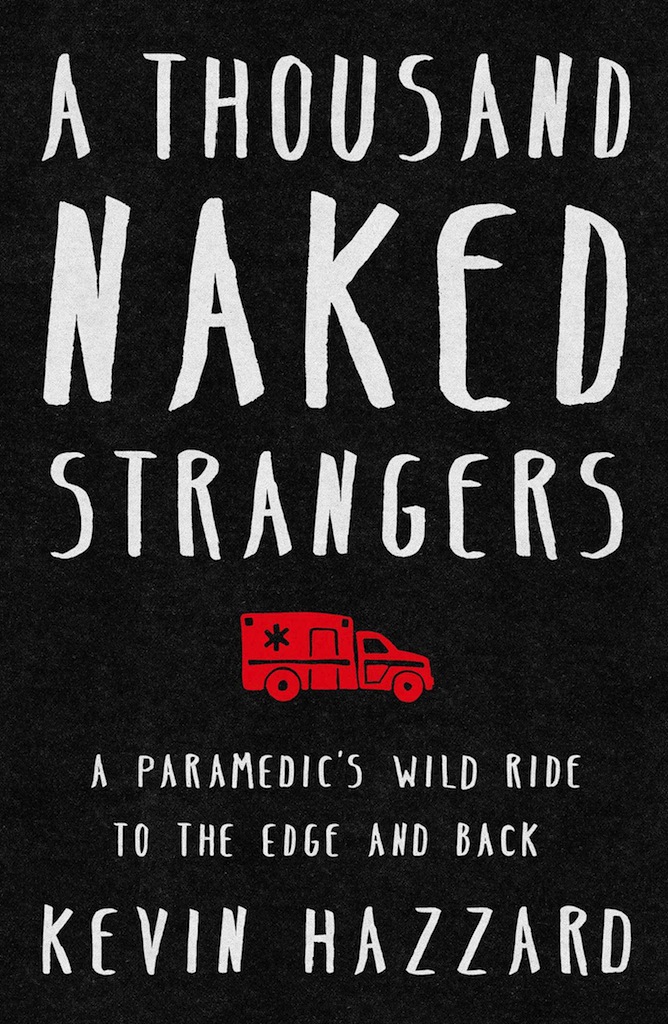
Does any amount of training prepare you for what you are about to experience in the heat of the moment?
Training does not [completely] prepare [doctors] for the realities of practicing medicine on an actual living, breathing human. With paramedics, you finish school and then you have about two weeks training with somebody with more experience, then you are on your own. There is only so much preparation that goes into it.
You are in these incredibly intense moments, whether you are delivering babies or if you genuinenly get to save someone. Those are huge highs.
Then there is the flip side where you see a patient and think, this guy is not so bad, and then he dies right under your nose, people whom by all measures shouldn’t die, that one-in-a-hundred unlucky person.
There are two extremes and you never forget either.
There is a woman I’ll never forget. She looked me in the eye and said, “Don’t let me die.” And the next thing she did was die.
Would your story be different if it weren’t based in Atlanta?
It certainly could have been a different book. It was a predominantly black city in the South, and there is a certain approach to life. There is a dialect, the way people speak, the way they treated us.
Unlike most major cities, in Atlanta, we work out of the hospitals. Grady [Hospital] is loved, feared, and respected, so riding around in a Grady ambulance, we had a different connection to the city.
Anyone born at Grady is called a Grady baby, and that is a thing of pride that they carry with them. Who knows where they will die, but they all know where they are born.
If it were a smaller town, what I saw would have been totally different, but Atlanta is still small enough. It’s simultaneously a small town and a big city.
How has being a paramedic affected you as a father?
Once [inner-city kids] get past the age of 10, they will not break free of all of the things that they have seen and had to endure. Up until that point, you just see those wonderful, loving little kids, standing in a diaper outside of a housing project, with crack vials stuck to the soles of their feet. They are just these great, precocious, energetic kids.
Once they reach a certain age, just the weight of where they are drags them down. I don’t know how strong a person you have to be to escape that kind of environment.
I look at my own kids and I think, they are so lucky to be born where they were and have two loving parents, parents who are doing everything possible to try to make their lives not only safe and healthy and full of promise, but also fun. I do everything I can to try to provide for them and let them know that not everybody has it like this.
It actually makes me the opposite of a helicopter dad. Having seen so many injuries, I can be calmer approaching an injury than I would have had I never done this, because I know how to deal with it. It keeps me from overreacting.
If Hollywood comes calling to make your memoir into a series or movie, how protective of your story would you be?
It’s difficult [for Hollywood] not to take it into that overly earnest, pounding into somebody’s chest, crying, “You’re not going to die! Not tonight!”
I don’t see how you can read this and go in that direction. Hopefully, nothing like that will come to pass. The entertainment industry has changed drastically, and the antihero is much more popular now. This is a job that lends itself more to that sensibility than it does to that heralded, square-jawed rescuer.
Find out more about Kevin here.


